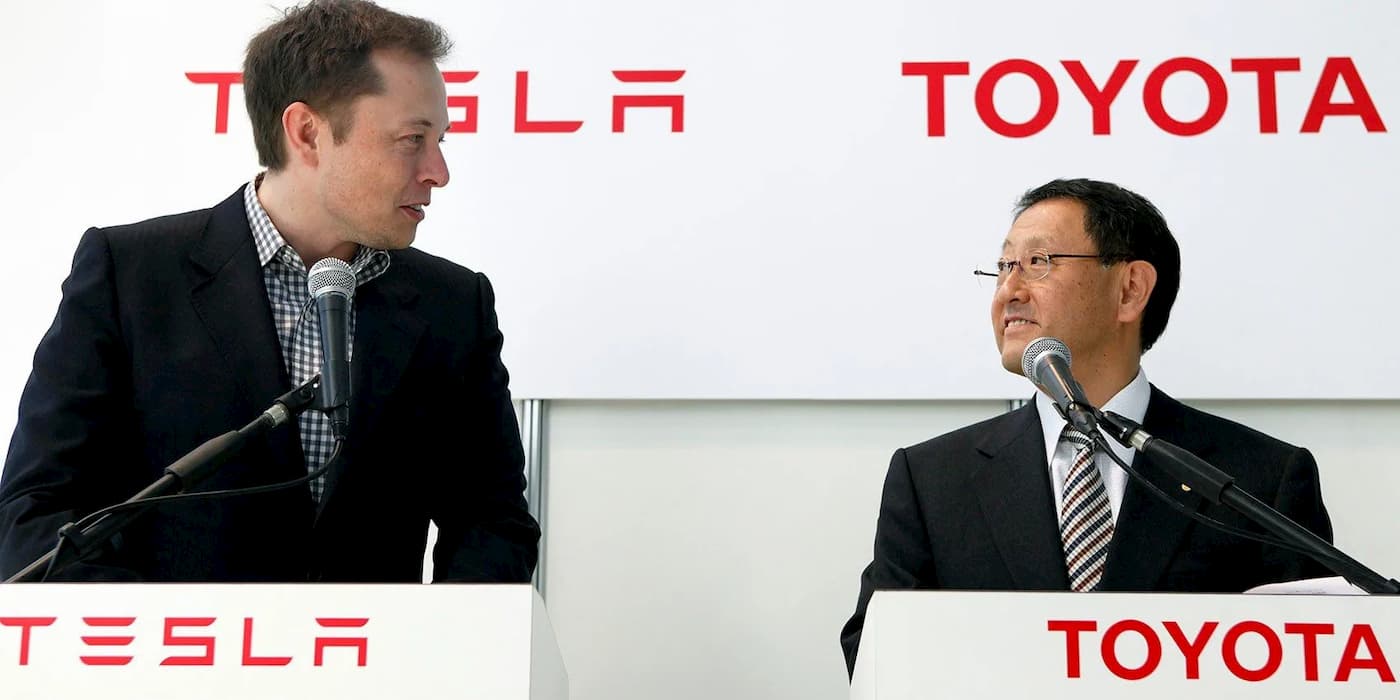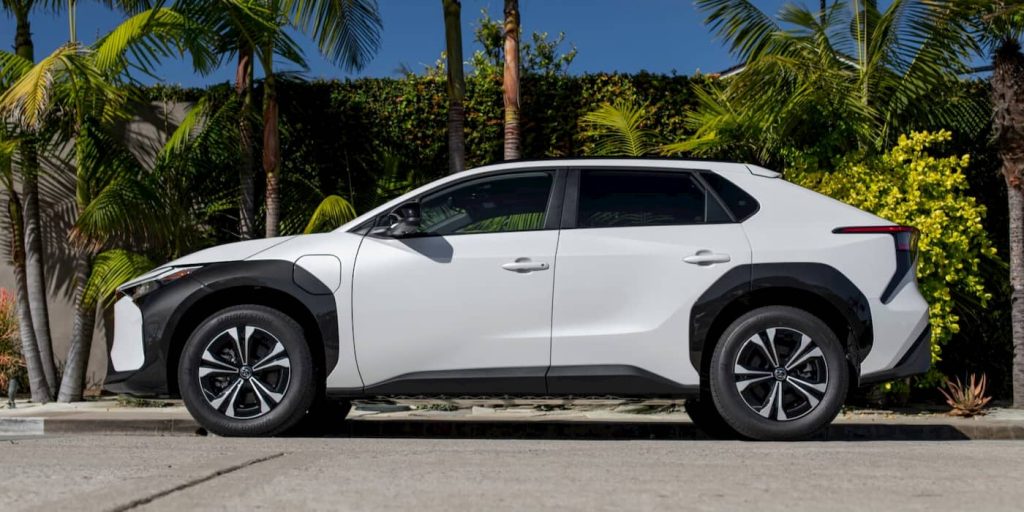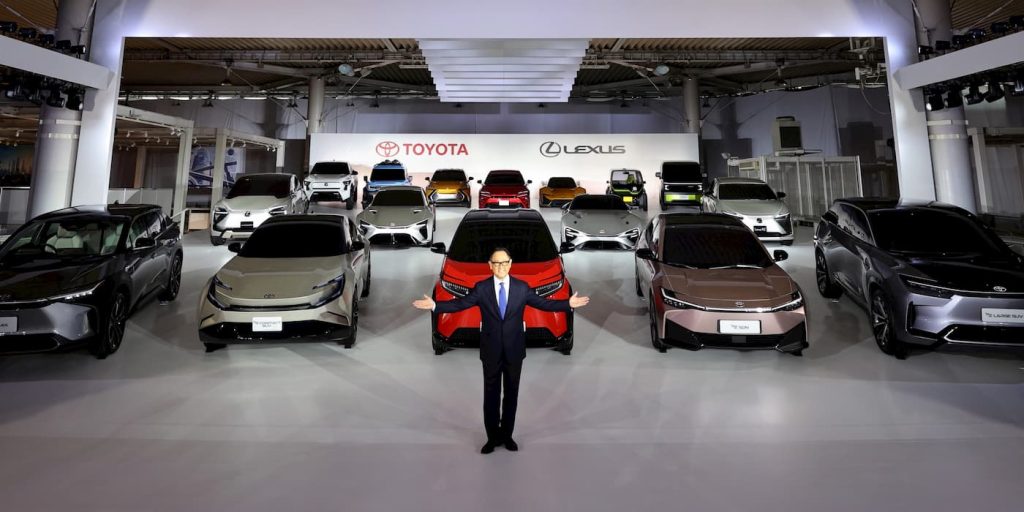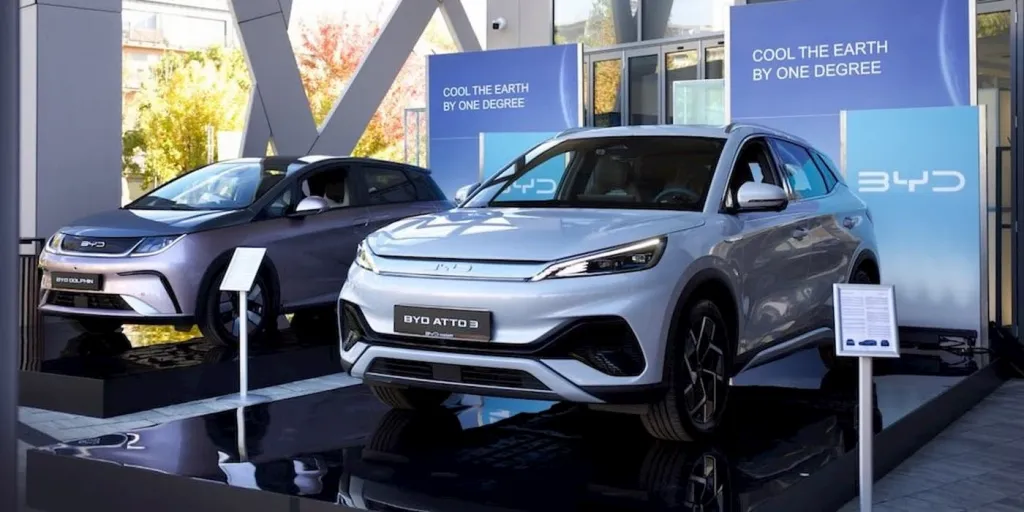[ad_1]

Longtime Toyota CEO and chairman Akio Toyoda believes EVs will only reach 30% market share at most. The comments come despite several auto markets, like Norway and Sweden, already well past that.
Toyoda, the grandson of the automaker’s founder, has been one of the most vocal opponents as the industry shifts to electric.
Under Toyoda’s control, the Japanese automaker has consistently lobbied against electric vehicles, asking for easier government regulations to slow the rollout. As a result, Toyota ranks among the world’s top obstructive companies with Chevron and ExxonMobil.
Although the longtime leader stepped down as CEO in April, he remains on the board, and his influence is evident.
New Toyota CEO Koji Sato seemed to recognize the automaker’s failure to keep pace in the rapidly evolving auto market, but anti-EV efforts have continued.
Toyota has stuck to its hybrid strategy because that’s what has worked for them in the past. The brand, known for the Prius, continues pushing hybrids, fuel cell, and other gas-powered cars despite most governments moving toward all-electric.
Other top Toyota executives have reiterated the stance, claiming hybrids are a better fit for most customers.

Toyota chairman believes EVs will only reach 30% share
During a lecture on the company’s production system, Toyoda explained he believes that EVs will only represent 30% market share, “no matter how much progress BEVs make.”
The remaining 70% will be HEVs, FCEVs, and hydrogen engines. Toyoda added, “And I think engine cars will definitely remain.”

Despite Toyoda’s comments, several markets are already well above the 30% mark. Norway, for example, already reached 82.4% EV market share in 2023.
Other markets, including Sweden (32%), the Netherlands (24%), and China (24%), are all above or about to surpass the mark.

China is a prime example of how quickly EV share can rise. EVs represented under 6% of total auto sales in China in 2020. This past year, that number reached over 24%.
Over 1.2 million EVs were handed over in the US last year, or 7.6% of all auto sales last year. This year, that number is expected to cross the 10% mark, according to Cox Automotive data.
Electrek’s Take
Toyota continues pushing its hybrid tech because that propelled it to be the world’s largest automaker. However, times are changing again.
Although Toyota was ahead of the pack with hybrids, its hesitation with EVs could set it up for failure. The automaker has one of the least developed supply chains for EVs.
Of the nearly 9.4 million vehicles sold globally last year (including Lexus), only 95K or 1% were all-electric. Rival Volkswagen sold over 394,000 EVs, or around 9%. Other automakers like Hyundai, BMW, Mercedes, and Volvo are already hitting double-digit or 100% EV sales.
Meanwhile, Tesla delivered a record 1.81 million EVs last year as adoption continues climbing globally.
BloombergNEF predicts EVs will represent 75% of new car sales and 44% of passenger vehicles on the road by 2040.
By sticking to what has worked in the past while ignoring the global trend, Toyota is setting itself up to fall further behind.
Source: Bloomberg, Toyota
FTC: We use income earning auto affiliate links. More.
[ad_2]
Source link
